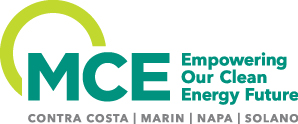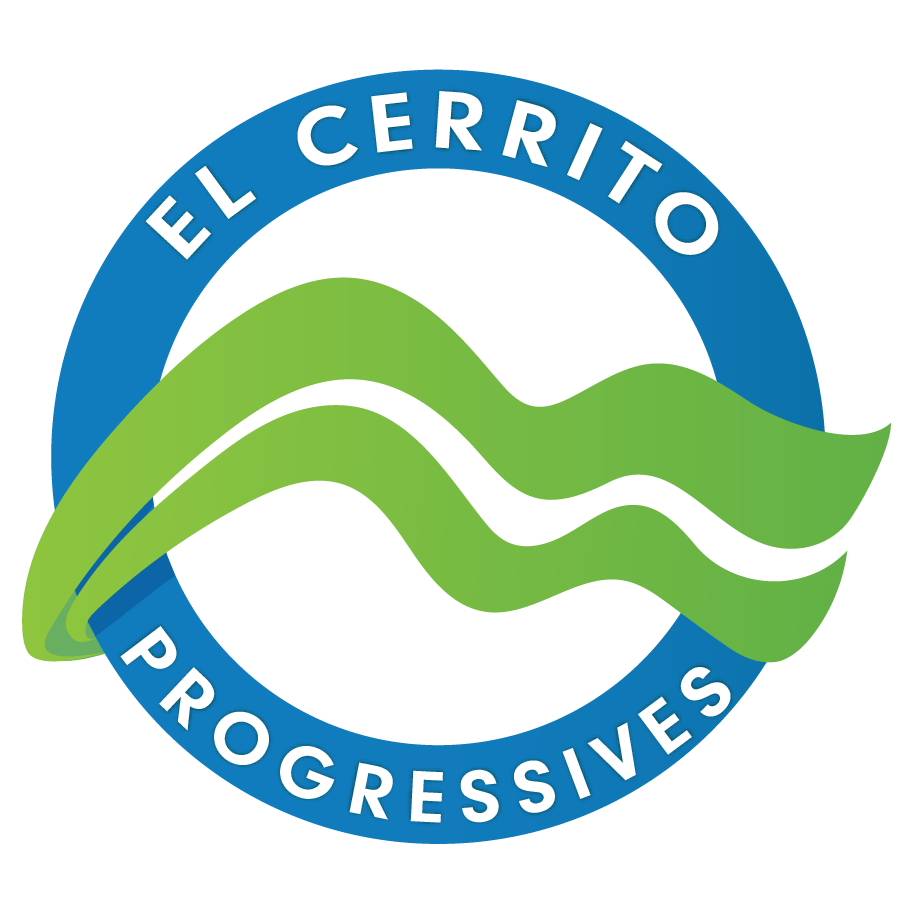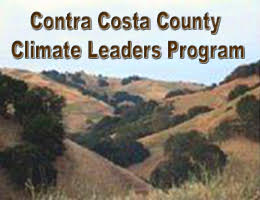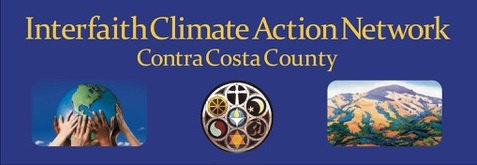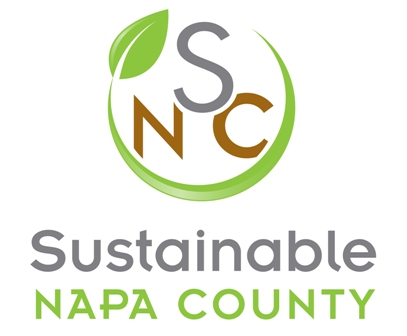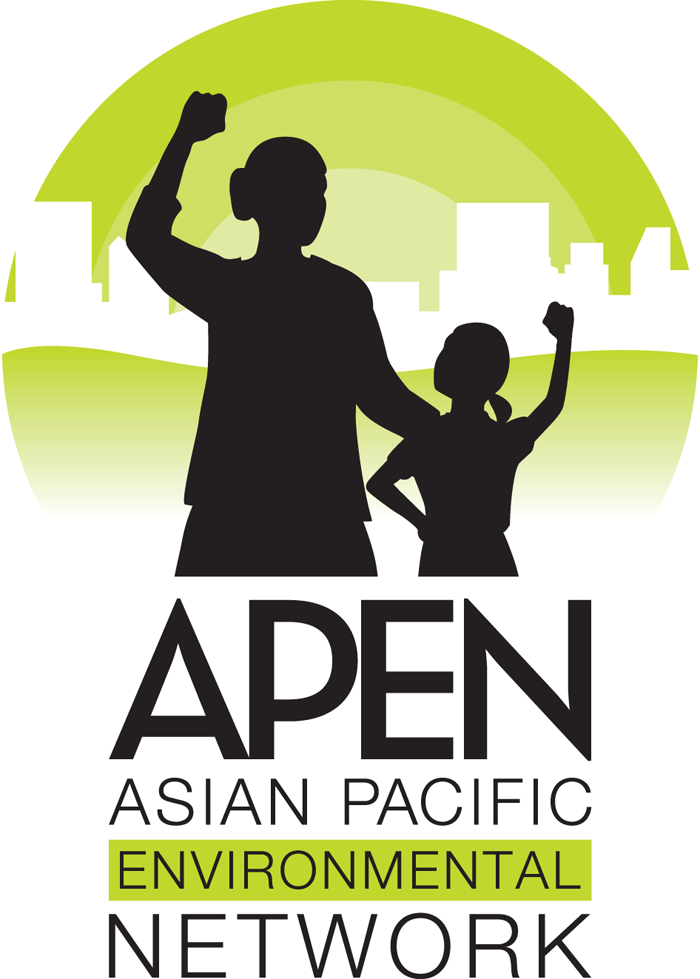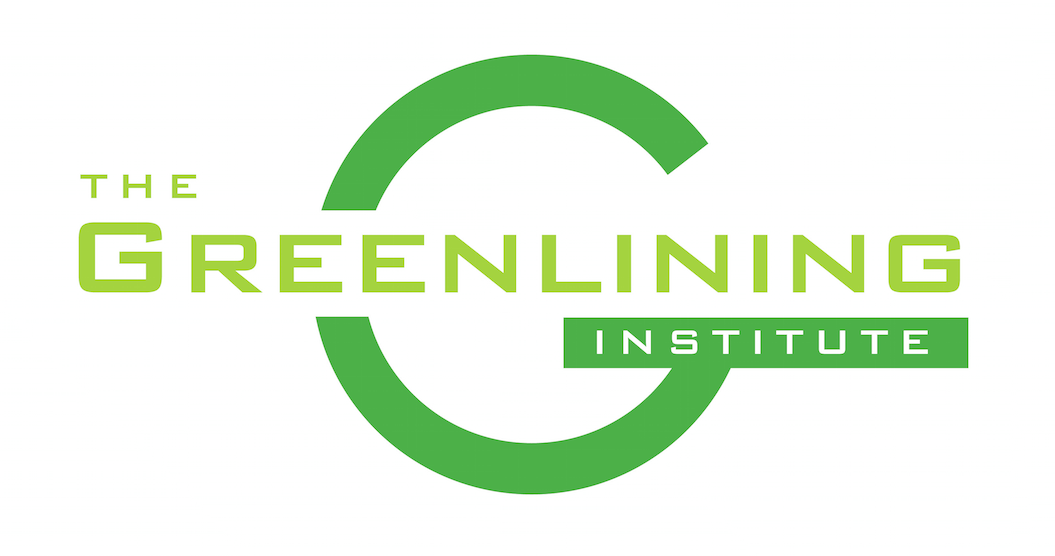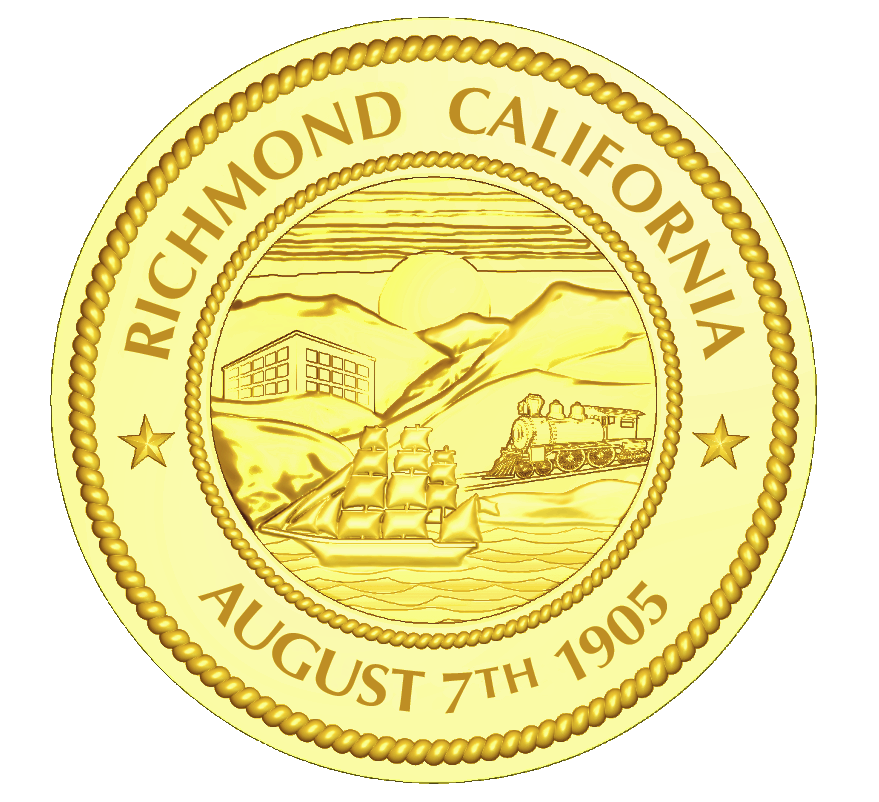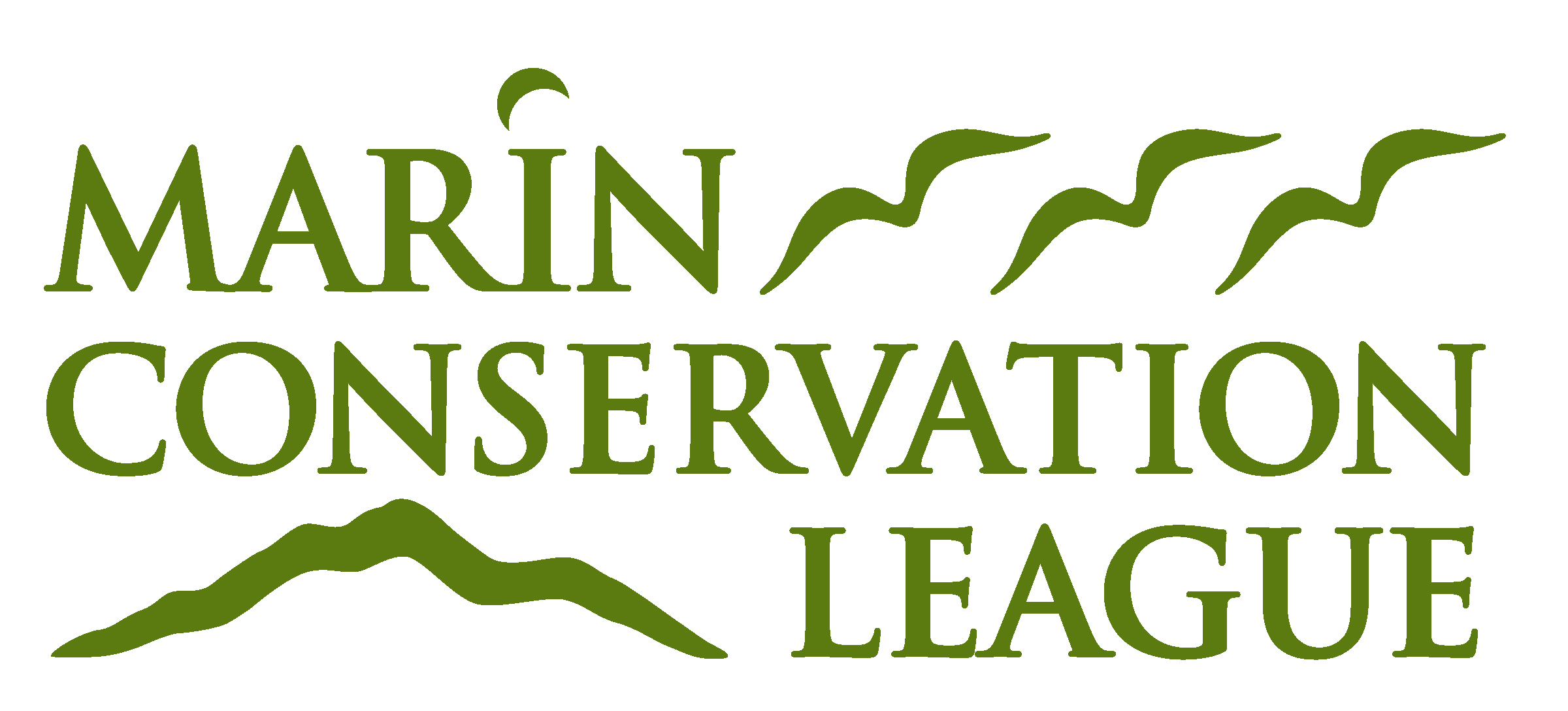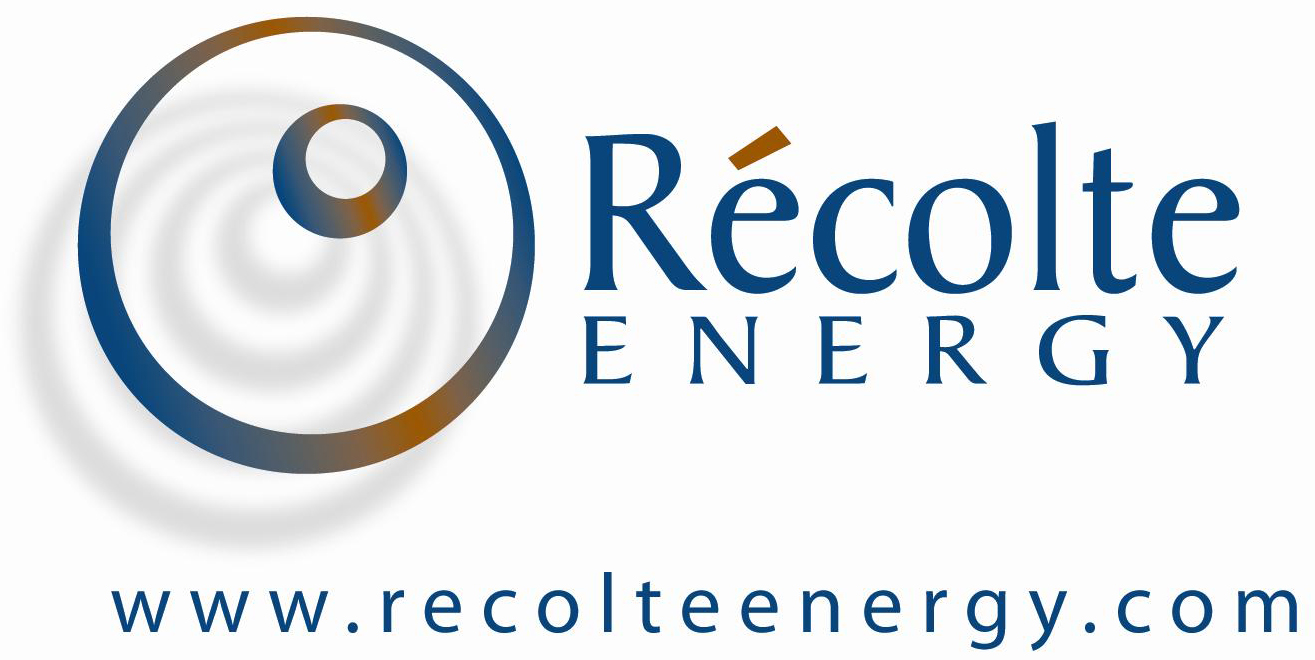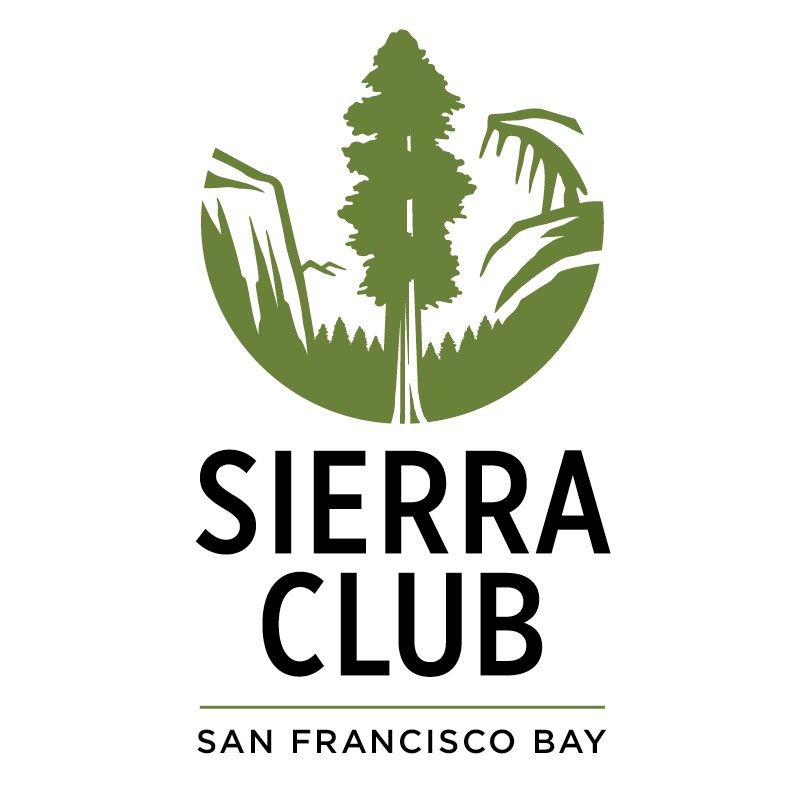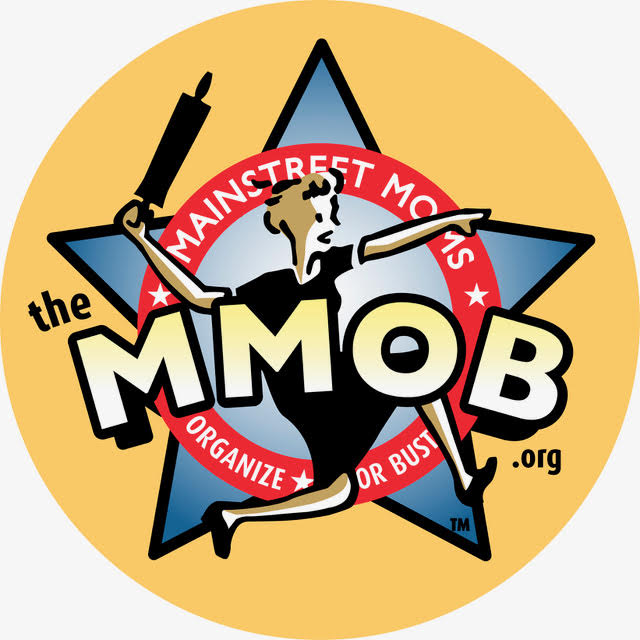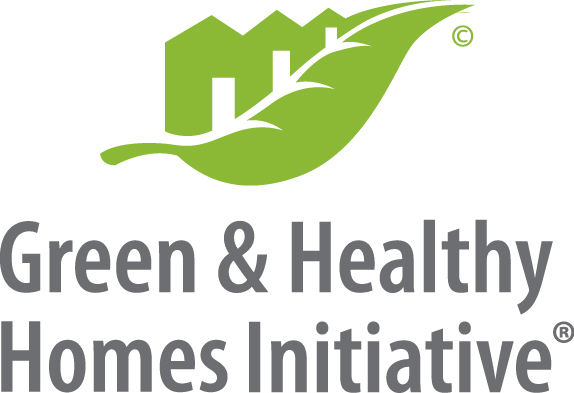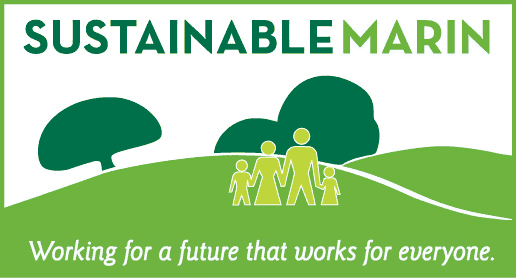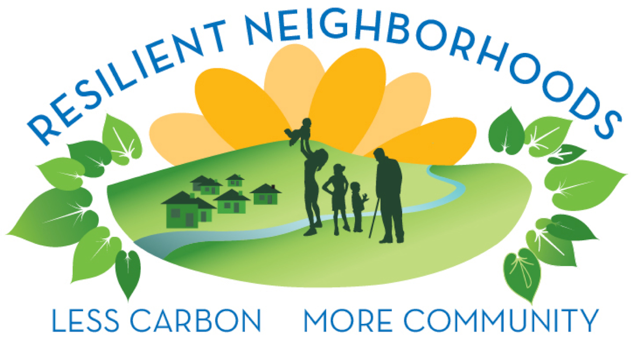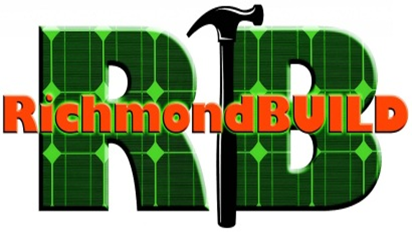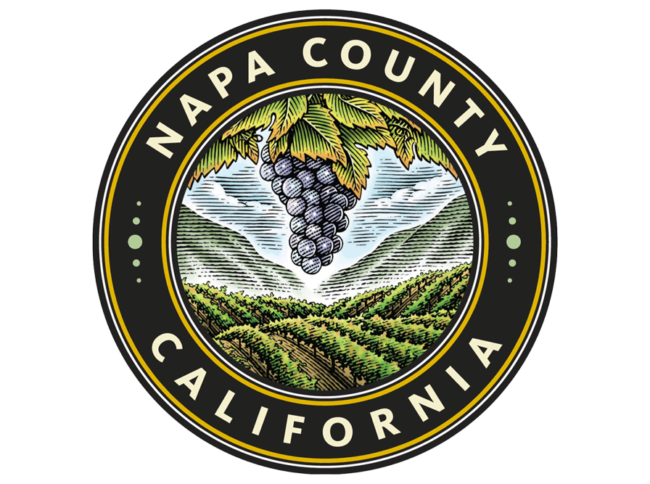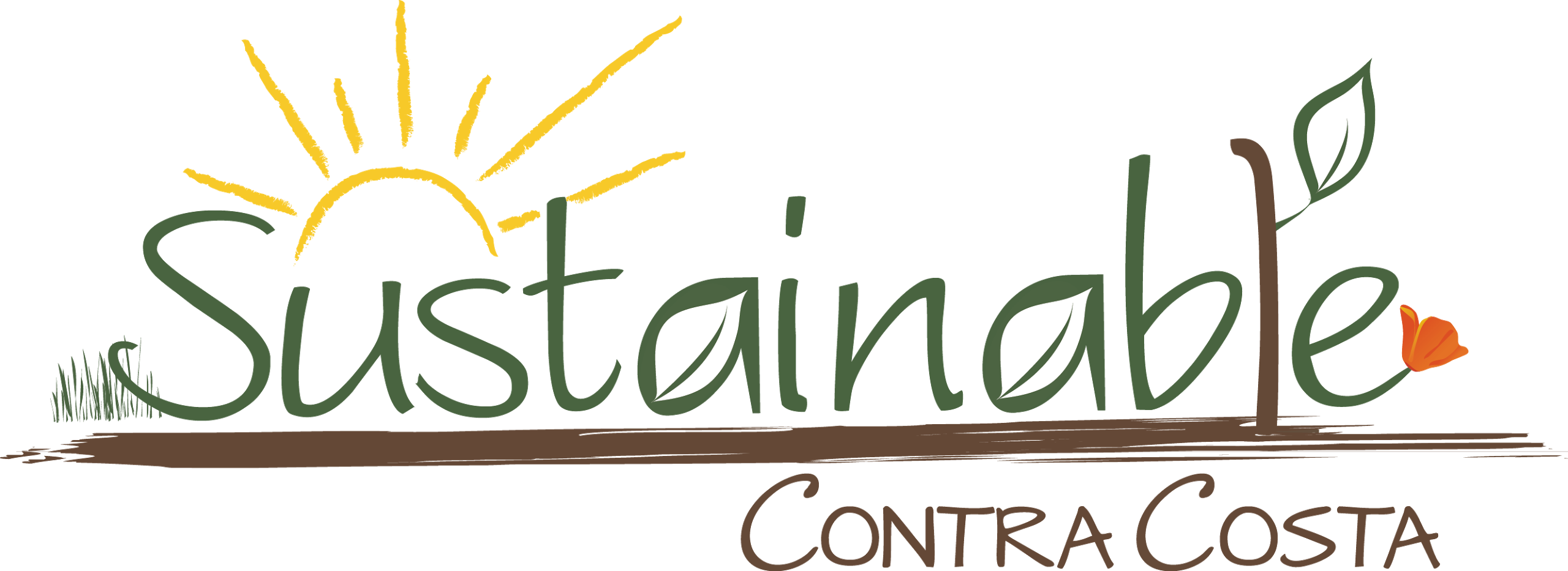Photo: We partner with local workforce development agencies like RichmondBuild to create green jobs and build a brighter future for us all.
As California’s first Community Choice Aggregator (CCA), MCE was started by a community committed to environmental justice and clean energy. MCE is governed by a board of locally elected officials who reflect the interests of the communities they serve. As a not–for–profit public agency, our customers can influence our policies and programs through public meetings, ensuring that all people, regardless of race, color, national origin, or income, can influence the development of our agency. In this way, MCE is putting the power back in the hands of the people.
MCE has been committed to energy equity since our inception, working with our communities to advance equity through our programs and services. Supporting our communities means taking a holistic look at how we can best support those who are most impacted or disadvantaged by the present and future damages caused by climate change and fossil fuels, economically as well as environmentally.
Energy Equity Programs
As part of MCE’s mission to create more equitable communities, our suite of programs provides customers with access to clean energy technology and services while lowering bills and greenhouse gas emissions. From income-qualifying electric vehicle rebates to cost-relief programs, MCE is focused on supporting those who need it most.
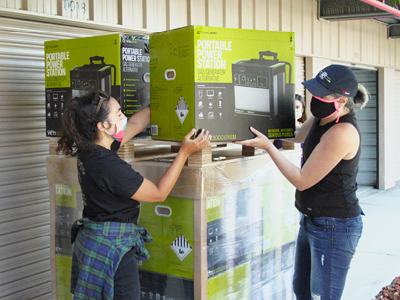
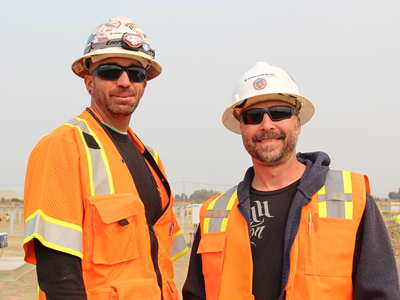
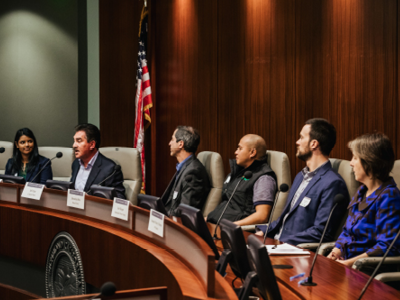
“As soon as I found out MCE was going to build a solar farm in Richmond, I called everyone I knew asking how I could get [hired] on the project. I’m trying to make my community a better place, and what better way than to actually build a solar farm in my backyard? I thought it was amazing. I’m a firm believer in clean energy, and I think more opportunities like this need to be created. What MCE did with Solar One was amazing. We just need more projects like this in our community.” – Jonathan Brito, RichmondBUILD graduate, MCE Solar One employee
“Thanks so much for the Yeti 3000. It is a huge relief to have it during these hot smoky days. I will breathe easier thanks to MCE. In addition to a CPAP for sleep apnea I have Parkinson’s and my internal thermostat doesn’t work well. The yeti will again help in an emergency. … [Thanks] for making this process humane by adding the people back in.” – Joanne, Contra Costa County
Community Power Coalition
MCE’s Community Power Coalition is a network of organizations that include social, racial, and environmental justice organizations doing feet-on-the-street work to address inequities in our local communities. MCE partners with coalition members to:
- Address climate change and eliminate the use of fossil fuels in our communities.
- Create a learning community for community based organizations (CBOs) to familiarize themselves with climate justice priorities.
- Expand access to renewable energy services and customer programs.
- Develop and nurture broad and balanced partnerships that give our member communities opportunities to participate in decision making, and co-design energy equity programs and policy with MCE.
Community Power Coalition Meeting Presentations:
- January 2024 (pdf); watch recording
- October 2023 (pdf); watch recording
- June 2023 (pdf); watch recording
- March 2023 (pdf); watch recording
- November 2022 (pdf)
- June 2022 (pdf)
- February 2022 (pdf)
Members
“We all need to think about what is actually involved when we turn on a light or recharge our devices. Energy, and the politics surrounding it, is complicated. Being part of the Coalition has pushed me to try to understand the complexity and the urgency. And it is encouraging to be around the passion and engagement of the other advocates.”
“Working with MCE and the Community Power Coalition has been a great pleasure, everyone I have come in contact with is working hard to make a difference.”
“MCE’s Community Power Coalition has provided a valuable platform for community advocates to stay informed and collaborate on topics of energy, climate action and environmental justice.”
“MCE, by being the first CCE program in CA and showing it is possible to create more renewable than the IOU’s were saying they could do, and sharing their expertise, have done so much to create the reputation of our state as a model for renewable energy development.”
I am the authorized representative for the organization identified in the information provided online to become a member of the Community Power Coalition. I authorize Marin Clean Energy (MCE) to disclose my Community Power Coalition membership status. As a Community Power Coalition member, I grant MCE permission to use and publish pictures, prints, and logos of my organization provided by our organization and/or on its website and in other promotional materials.
I also grant MCE permission to use and publish information and testimonials provided by our organization. I agree to release, hold harmless, and indemnify MCE from any liability, claims, demands, causes of action, damages, or expenses resulting from any release of information pursuant to this Authorization.
Charles F. McGlashan Advocacy Award
The Charles F. McGlashan Advocacy Award was established by MCE’s Board to recognize individuals and organizations that have demonstrated passion, dedication, and leadership on behalf of MCE. The annual award also honors and commemorates the life and legacy of environmental leadership left behind by former founding MCE Chairman Charles F. McGlashan.
2021 • Sustainable Contra Costa
2020 • The Centers for Independent Living with Vi Ibarra, Deborah Elliott, The Fairfax Climate Action Committee
2019 • Gloria Castillo with Canal Alliance, National Council for Jewish Women – Contra Costa Section, Sustainable Rossmoor
2018 • Resilient Neighborhoods, Sustainable Lafayette, Verna Causby-Smith with EAH Affordable Housing
2017 • The El Cerrito Environmental Quality Committee
2016 • Sustainable Napa County
2015 • Constance Beutel of Benicia’s Community Sustainability Commission
2014 • Doria D. Robinson of Urban Tilth
2013 • Lea Dutton of the San Anselmo Quality of Life Commission
2012 • The Mainstreet Moms
2011 • Barbara George of Women’s Energy Matters
Diversity, Equity, and Inclusion
MCE has been deeply committed to energy equity and climate justice since our inception, prioritizing equitable access to clean energy benefits through programs that support customers who have been underserved and impacted by traditional fossil fuel energy services. In 2017 MCE implemented our Sustainable Workforce and Diversity Policy which equitably directs MCE’s hiring, training, and purchasing efforts. In 2019 MCE launched our Diversity, Equity, and Inclusion (DEI) team to create additional support for increasing our DEI efforts.
MCE continuously integrates DEI practices across the agency, including adding equity metrics to our power procurement process, spending community sponsorship dollars in underserved populations, developing staff resource guides and tools, and passing a Resolution Committing to Advance Racial Equity.
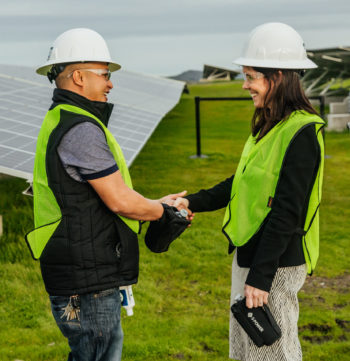
External Efforts
MCE launched CalCCA’s internal committee for diversity, equity, and inclusion in 2018 and has participated in the Disadvantaged Community Policy Working Group since it launched in 2019.
MCE is encouraged by the upswelling of local grassroots support for prioritizing racial equity, such as the commitments listed out here.
In August 2021 MCE became a member of the Government Alliance on Race and Equity (GARE). “GARE is a national network of government working to achieve racial equity and advance opportunities for all”. This membership will allow MCE to learn from best practices at other government agencies and help us continue to align our goals and strategies toward programs and services that equitable serve our communities.
The California Environmental Justice Alliance (CEJA) is a statewide, community-led alliance working to achieve environmental justice by uniting communities most impacted by environmental hazards to create comprehensive opportunities for state-wide policy changes. CEJA’s 2020 report on “Building a Just Energy Future“, highlights several strategies were identified for CCAs to best serve our communities. MCE’s work was heavily featured as key examples for the strategies suggested by CEJA.
MCE’s 2021 Open Season solicitation was the first year that suppliers were encouraged to consider community benefits and equity metrics when submitting offers. Some of the optional elements that MCE is soliciting in offers as part of this Open Season include support for educational programs, environmental justice initiatives, and workforce development and training initiatives; participation of contractors, subcontractors, or businesses owned by Disabled Veterans, located in a designated Disadvantaged Community, or employing workers living in a designated Disadvantaged Community and; use of components and materials manufactured or assembled in the United States.
In late 2020, when issues related to the use of forced labor for solar equipment production in Xinjiang, China were reported, MCE incorporated new language into our PPA term sheets and contracts that prohibits MCE from accepting proposals for facilities that rely on equipment or resources built with forced labor. This language was incorporated into MCE’s 2021 Open Season, Green Access, and Community Solar Connection PPAs and will continue to be an MCE procurement requirement.
On June 30th, 2021 MCE announced our newest community programs, Community Solar Connection and Green Access. These programs offer qualifying customers living in a designated disadvantaged community access to 100% renewable energy and a 20% discount on their electricity bills for up to 20 years. Both programs will be supported by the development of an additional 5.92 megawatts of new local clean energy capacity in partnership with Community-Based Organizations.
In 2021, MCE submitted our first Supplier Diversity Report to the California Public Utilities Commission outlining MCE’s voluntary work. These reports are now published annually in March.
- 2021 Supplier Diversity Report (pdf)
- 2022 Supplier Diversity Report (pdf)
- 2023 Supplier Diversity Report (pdf)
- 2024 Supplier Diversity Report (pdf)
General Order 156 (GO 156) is a California Public Utilities Commission ruling that requires utility entities to procure at least 21.5% of their contracts with majority women-owned, minority-owned, disabled veteran-owned and LGBT-owned business enterprises’ (WMDVLGBTBEs) in all categories. Qualified businesses become GO 156 Certified through the CPUC and are then added to the GO 156 Clearinghouse database. The CPUC Clearinghouse can be found here: www.thesupplierclearinghouse.
MCE’s annual “Certify and Amplify” workshops introduce, educate, and empower eligible local businesses to certify within the CPUC’s General Order (GO) 156 program by increasing awareness about the Supplier Diversity Clearinghouse. In 2019, representatives from the CPUC’s Supplier Diversity Program and from the Supplier Diversity Clearinghouse were invited to our Concord offices to present the steps needed to certify. In 2020, due to the shelter-in-place orders resulting from COVID-19, we shifted to virtual Certify and Amplify workshops.
The shift to a virtual workshop provided an opportunity to extend the invitation beyond our service area to businesses across the state. To complement our traditional engagement through local chambers of commerce and MCE’s Community Power Coalition, we utilized the CalCCA working groups to ask other CCAs to share the registration link with businesses in their service areas.
In 2020, MCE staff published a report in the UC Berkeley Ecology Law Quarterly arguing that – by virtue of their structure, culture, and programs – CCAs are key allies in the Environmental Justice movement.
Abstract: Community choice aggregation energy programs have proliferated throughout California as a tool for public municipalities to aggregate their communities’ electricity demand and procure electricity for themselves. Through their community choice aggregation programs, communities have reduced their electricity-related greenhouse gas emissions in order to combat climate change. In this Article, we will attempt to demonstrate that community choice aggregators in California have been used as an effective tool to further the Principles of Environmental Justice through community engagement, renewable energy development, and programs for low-income, marginalized, or vulnerable communities that are informed by local input.
Internal Efforts
MCE has gathered over one hundred unique resources, including short videos, documentaries, articles, podcasts, and books as part of our 2021 Anti-Racist Allyship Guide. This guide facilitates MCE staff’s commitment to transformative change in the way we view and approach equity and race. Staff receive these guides in monthly installments, along with the opportunity to discuss a specific piece in a staff-facilitated “book club”. By creating informal spaces for communication, MCE is opening an intentional dialogue for staff to discover and explore personal experiences from different perspectives.
On May 20, 2021, MCE’s Board of Directors approved Resolution No 2021-04 Committing to Advance Racial Equity. This decision further solidifies MCE’s long-standing commitment to deepen and foster prominent equity values into the agency’s work. The resolution acknowledges the persistence of institutionalized racial inequities and seeks to address them by continuously improving and implementing inclusive policies across the organization. One key pathway identified in the resolution is to deepen our efforts to systematically incorporate diverse voices and feedback from customers and community-based organizations that are conducting valuable racial equity work.
The resolution also states that MCE will continue to work toward more equitable outcomes in energy services, customer programs, and power procurement by recruiting racial equity organizations and engaging with them through the Community Power Coalition. MCE will continue to provide agency wide training to educate employees on implicit bias and racial equity with a goal to enhance internal and external policies, practices, and programs that dismantle racial disparities.
MCE’s Low-Income Families and Tenants (LIFT) Pilot Program launched as a pilot in 2018, to reduce energy burden and improves the quality of life of residents in income-qualified multifamily properties in MCE’s service area. The Program offers energy efficiency, electrification, and health, safety, and comfort upgrades through a grant from the California Public Utilities Commission (CPUC). The first phase of the pilot ended on May 31, 2021, after distributing over $1 million in incentives to program participants. The 680 qualifying households received such upgrades as switching natural gas and propane heating equipment to high-efficiency electric heat pumps. Participants saved over 7,800 kilowatt-hours and decarbonized energy loads from space and water heating.
Residents of income-qualified multifamily housing face multiple barriers to participating in energy efficiency programs, including fear of property owner retaliation, lack of control over any significant upgrades made to their units, concerns about sharing personal information, immigration enforcement actions, and financial constraints. Energy efficiency programs for income-qualified customers have typically targeted CalEnviroScreen designated disadvantaged communities (DACs). MCE found that income-qualified residents living outside a CalEnviroScreen DAC are less likely to participate in energy saving programs and services. An assessment of the program participants showed that almost 95% of them were located outside a DAC. Over 40% of customers received information about the program in a language other than English. These metrics significantly exceed MCE’s goal for at least 40% of program participants to meet one or more of those criteria. The results of the program showed that almost 80% of LIFT program participants also participated in MCE’s multifamily energy savings program, saving an average of $192 a year on their electric bill.
MCE has received additional CPUC funding to continue the pilot through 2023. Interested properties should visit mceCleanEnergy.org/multifamily-savings to sign up and learn more.
MCE’s Sustainable Workforce and Diversity Policy was implemented in 2017. This policy focuses MCE’s workforce engagement on fair compensation; direct use of union members from multiple trades; quality training, apprenticeship, and pre-apprenticeship programs; direct use of businesses local to the MCE service area; development of California based job opportunities; business and workforce initiatives located in low-income and disadvantaged communities; direct use of Disabled Veteran-owned and LGBT-owned Business Enterprises (DVBE); and use of direct hiring practices that promote diversity in the workplace.
In 2022, MCE updated our Sustainable Workforce Guidelines to include specific strategies for developing a workforce as outlined in our Sustainable Workforce and Diversity Policy.
MCE conducted all-staff DEI training beginning in 2019 with the support of AGW Consulting Group and the Robertson Center for Intercultural Leadership (CIL). Since 2019, MCE staff have participated in multiple trainings on topics such as implicit bias, strategies for building communities of belonging, unconscious bias, microaggressions, and understanding equity versus equality.
MCE Needs Your Voice!
We are always seeking new ways to include the broad range of perspectives, identities, and experiences of our member communities into our work. You can get involved with MCE through sponsorship opportunities, or by becoming a member of the Community Power Coalition. If your organization is interested in furthering MCE’s mission and would like to become a member of the Community Power Coalition or discuss opportunities for MCE to sponsor your work, please contact us at engagement@mceCleanEnergy.org.
